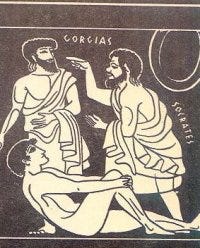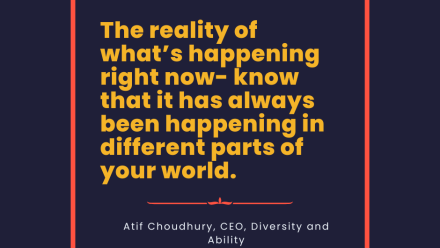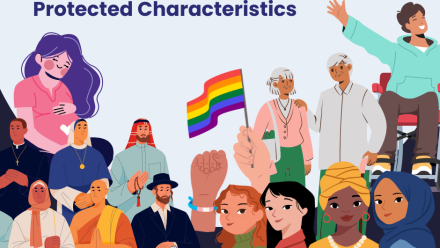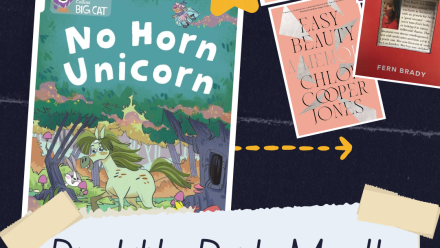Well-being Puzzles
28th October 2015 by Catia Neves
Happy Well-being Wednesday!
Philosophers are, of course, interested in well-being. They write grandly titled books on the subject such as ‘On What Matters’ and ‘The Good Life’. What has stuck with me, from reading philosophy at uni, are the little examples and puzzles about well-being. They give us a chance to reflect on our own conceptions of what makes a life go well. Here are three of my favourites.

One: The bass-head hedonist
Pleasure is surely a part of well-being. But the same experience, e.g. the feel of chest thumping bass, is sort out by some people and avoided by others. So is that experience pleasurable or painful? I find it unpleasant when my chest reverberates with bass but it seems mistaken to say that bass-heads enjoy pain. That’s the puzzle — and here is one suggested answer. Pleasure isn’t something we passively receive. Rather, we actively take pleasure in some experiences. And one person will take pleasure in the same experience that another will not. So we have some degree of control in how we experience a situation.

Two: The ring of Gorgias
Plato said that the person who lives best would also be a good person. But Glaucon had a neat reply to this. Suppose you had a ring that made you invisible (The ring of Gorges). You could get into all kinds of mischief and never be caught. Everyone would think you were a wonderful person so you would have all the benefits of being good and all the benefits of being bad! I never quite understood Plato’s answer to this but there is another. Imagine that a baby is born to a relative or very close friend of yours. You are at the naming ceremony and, in a moment of quiet reflection, you ask yourself what kind of life you wish for the child? In doing so, you are concerned only with the child’s well-being, not, directly, with how her life might be useful to others or advance some cause you cherish. Even so, the thought goes, you will hope that she will be a good person and not just reap the rewards of appearing so.
Three: A whole heap of beans
When we ask what we want from life it’s natural to think about the impact we want to make on the world — again, not just for the sake of others, but because making a difference is part of what we want from life. Yet this thought quickly leads us to an uncomfortable place when we also consider the hugeness of the world. There are so many people on this planet, so many planets in the galaxy and so many galaxies in the universe that any impact I can make must surely be trivial. Some scientists think that there may be more than one universe! Should we hope they are wrong for the sake of our well-being?!
No, says Aristotle. The fact that there is only one of you, that you are mortal, that you don’t have super powers or unlimited knowledge is not an unfortunate obstacle in your attempt to live well. Your humanness, and other facts besides, set the parameters in which you aim to make a difference. If we only think about the impact of our lives we lose sight of the fact that they are our lives, that it is we who aim to make a difference, not gods or some other people. Our impulse to impact upon the universe is, on this view, part of a wider impulse to respond well to the challenge of life, a challenge defined by parameters such as mortality and limited power.


